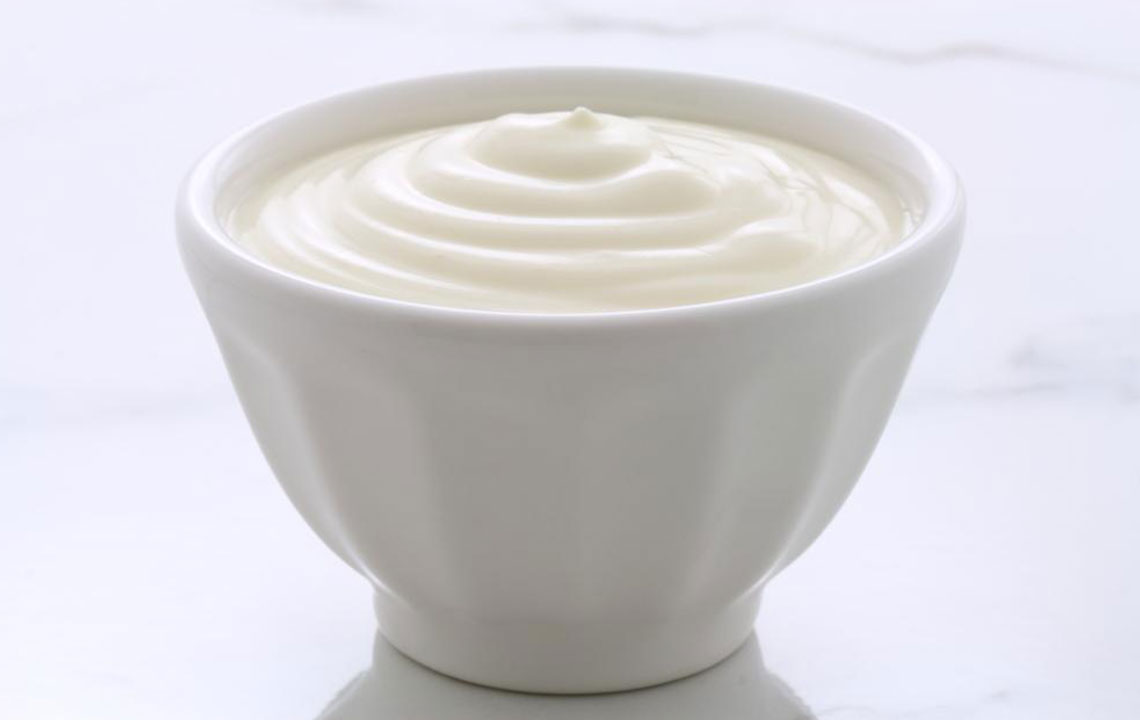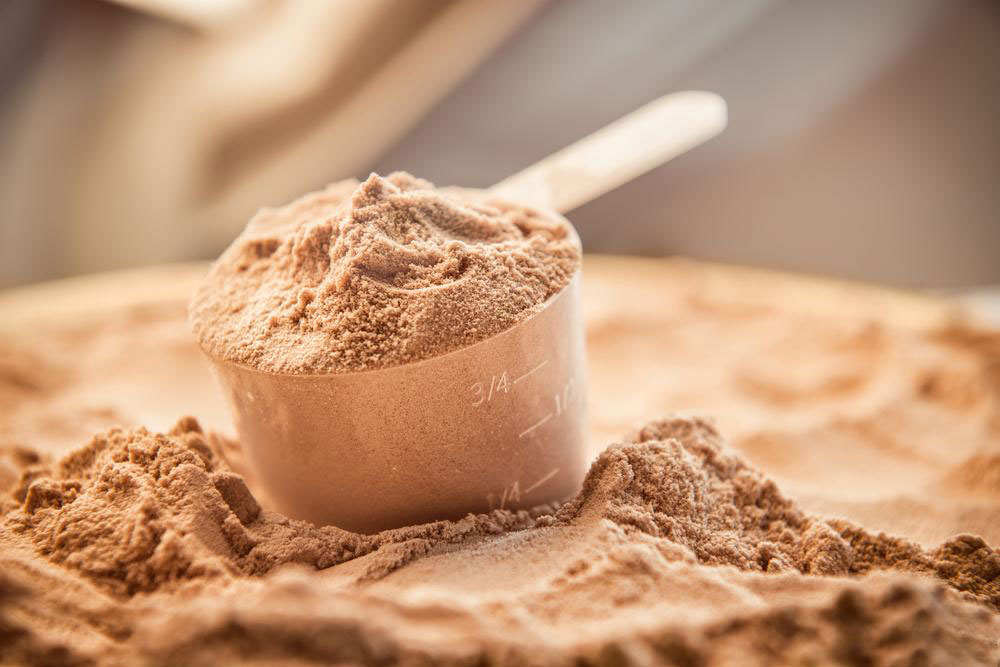Comprehensive Guide to Probiotics: Types, Benefits, and How They Enhance Your Health
This extensive guide explores the different types of probiotics, their health benefits, and how they support digestive, skin, and reproductive health. It covers common strains like Lactobacillus and Bifidobacterium, their specific uses, and effective delivery methods such as supplements and suppositories. Learn how probiotics can help manage conditions like IBS, UTIs, and yeast infections, emphasizing natural approaches to health and wellness tailored especially for women. Discover the importance of selecting the right probiotic strains for optimal health benefits.

Exploring the Different Types of Probiotics and Their Impact on Human Health
Probiotics are a diverse group of beneficial microorganisms that play a crucial role in maintaining and improving human health. These friendly bacteria are naturally present in our bodies and are also found in various foods, dietary supplements, and nutraceutical products. Additionally, scientists can produce specific probiotic strains artificially through fermentation processes, creating effective supplements. While natural sources are preferred for their purity and bioavailability, synthetic probiotics are carefully designed to emulate their natural counterparts and are generally considered safe. The primary probiotic strains encompass Lactobacillus and Bifidobacterium species, which have been extensively studied for their health-promoting properties. These microorganisms primarily support digestive health, immune function, and overall well-being, and they are also associated with benefits for skin health, vaginal health, and prevention of certain infections.
Probiotics are increasingly recognized for their role in managing a variety of health conditions, including gastrointestinal disorders like diarrhea, irritable bowel syndrome (IBS), and inflammatory bowel disease (IBD). They also contribute significantly to skin health, helping combat conditions such as eczema, and support urinary and vaginal health by preventing infections. The human microbiome, composed of trillions of microorganisms, is vital for regulating bodily functions, and consuming the right probiotics can help maintain this delicate balance.
Choosing the correct probiotic strain depends on individual health needs and conditions. For example, certain strains are better suited for digestive health, while others are more effective for vaginal or skin health. Understanding the specific benefits of each strain can help optimize health outcomes.
Here are some of the most common probiotic strains and the health benefits they offer:
Vaginal lactobacilli: These beneficial bacteria, such as Gardnerella vaginalis, are essential for maintaining vaginal health. They help prevent the overgrowth of harmful bacteria that can lead to bacterial vaginosis or vaginitis, both of which cause discomfort, discharge, and itching. Restoring and maintaining a healthy vaginal microflora balance is crucial for women’s reproductive health.
Lactobacillus plantarum: This strain is well-known for its ability to alleviate symptoms of irritable bowel syndrome (IBS), including bloating, abdominal pain, and irregular bowel movements. It is particularly effective for women, who tend to experience a higher prevalence of IBS symptoms.
Lactobacillus rhamnosus and Lactobacillus reuteri: Both of these strains have demonstrated efficacy in reducing the risk of urinary tract infections (UTIs), which are common among women and can cause significant discomfort. They help reinforce the urinary tract's natural defenses by promoting healthy bacterial populations.
Women are especially prone to gut-related issues such as constipation, IBS, and yeast infections. Regular intake of probiotics can significantly reduce dependence on medications, offering a natural approach to managing these conditions. Strains like Lactobacillus plantarum assist in easing abdominal pain and discomfort, while Bifidobacterium lactis supports bowel regularity and alleviates constipation. Moreover, probiotics help balance vaginal microflora, preventing yeast overgrowth (such as candidiasis) by maintaining optimal pH levels. Integrating an alkaline diet with probiotic supplementation can further enhance women’s health and overall well-being.
There are various probiotic delivery methods tailored for women's specific needs, including:
Vaginal suppositories: These are inserted directly into the vagina to restore and maintain a healthy bacterial environment. They can effectively prevent yeast infections, bacterial vaginosis, and urinary tract infections by re-establishing natural flora.
Oral dietary supplements: Capsules, tablets, or powders containing specific probiotic strains promote the growth of beneficial bacteria within the gastrointestinal tract and other mucosal surfaces. These supplements are convenient and designed for targeted health benefits.
Overall, incorporating the right probiotic strains into your daily routine can lead to improved digestive comfort, enhanced immune function, and better reproductive health. Whether through diet or supplements, probiotics serve as a natural and effective way to promote overall wellness, especially for women’s unique health needs.





